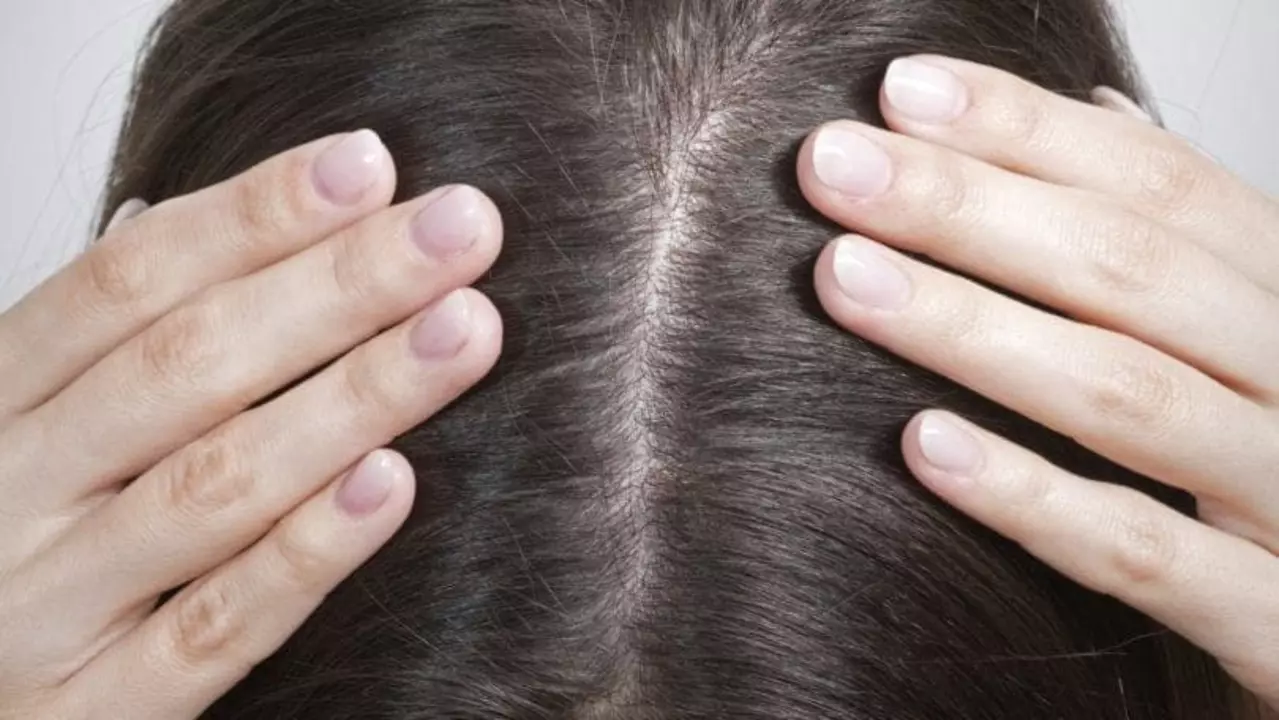Ringworm Scars: Real Solutions for Fading Those Annoying Marks
Ever had ringworm, and now the infection is gone but the scar just sticks around? You're not alone. Ringworm can leave behind discolored patches or marks, especially if you scratched a lot or it took time to heal. Nobody wants to see those stubborn marks each day. Good news—you can do things at home and with the right products to help fade ringworm scars and get your skin looking more even.
First, don’t panic if your skin isn’t perfect right away. Some scars naturally fade over months, but there are ways to speed things up. Keeping your skin moisturized is step one. Look for a non-greasy moisturizer with ingredients like aloe vera, vitamin E, or shea butter. These help skin repair and soften, making marks less noticeable. Products with silicone gel or sheets can also work on stubborn scars—they’re easy to find at most pharmacies.
If your scar is red or dark, sunscreen should be your everyday friend. Unprotected scars can darken in the sun, so always cover those areas with broad-spectrum SPF when you go outside. This one habit makes a big difference in how fast scars fade. Plus, you’ll keep your skin healthy overall.
Some creams contain ingredients like niacinamide or licorice root extract, designed especially to fade hyperpigmentation and marks. Try one for a few weeks and watch for improvement. Gels with onion extract are surprisingly popular for scar care, and they have plenty of real fans who notice their marks getting lighter.
Forget harsh scrubs or home remedies with lemon juice—they just irritate skin and can make things worse. Stick to gentle, proven solutions. If you want to speed up the process, over-the-counter retinoid creams (vitamin A derivatives) can increase cell turnover and help skin regenerate faster. Just use them as directed, and work them in slowly to avoid extra dryness.
For raised or thick scars, massage helps break down scar tissue. Gently rubbing the area twice daily with your clean fingertips while applying moisturizer boosts blood flow and flattens the scar over time.
Think your mark just won’t fade? A dermatologist has more options. Prescription creams, chemical peels, or procedures like microneedling are things you can talk through if regular care isn’t enough. They’ll also make sure what you’re dealing with is truly a scar and not a lingering infection or something else.
Bottom line: most ringworm scars get better with good care and a bit of patience. Stay consistent with moisturizers, sunscreen, and gentle scar gels. Avoid anything harsh. In a few weeks, you’ll likely see your skin starting to even out—no magic tricks, just practical steps that work.
If you’re battling other skin marks or infections, or want more info about products that really work, stick around on Express Meds Canada. We’re all about practical tips, real experiences, and what’s actually safe and effective for your skin.
How to Deal with Ringworm Scars and Discoloration
Dealing with ringworm scars and discoloration can be quite a challenge, but I've found some effective ways to tackle them. First, consistently moisturizing the affected area helps keep the skin healthy and promotes healing. Second, using over-the-counter creams that contain ingredients like hydroquinone or glycolic acid can help fade the scars and discoloration. Third, protecting the area from sun exposure by applying sunscreen daily is crucial to prevent further darkening. Finally, if the scars persist, consulting with a dermatologist for professional treatments like chemical peels or laser therapy might be necessary.
